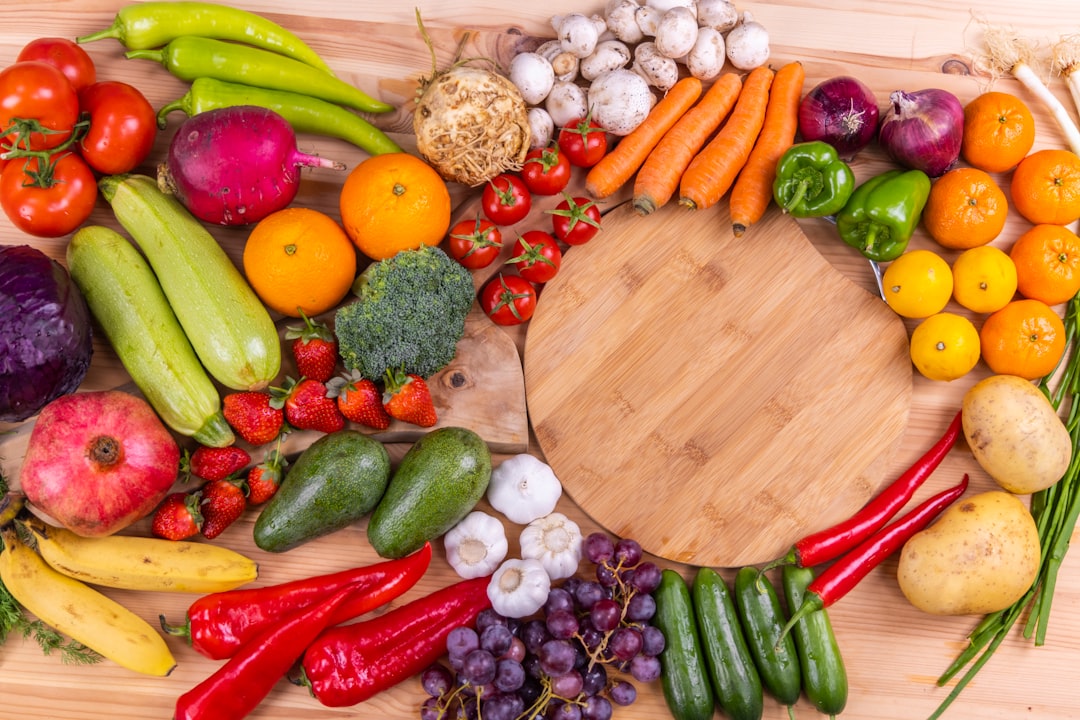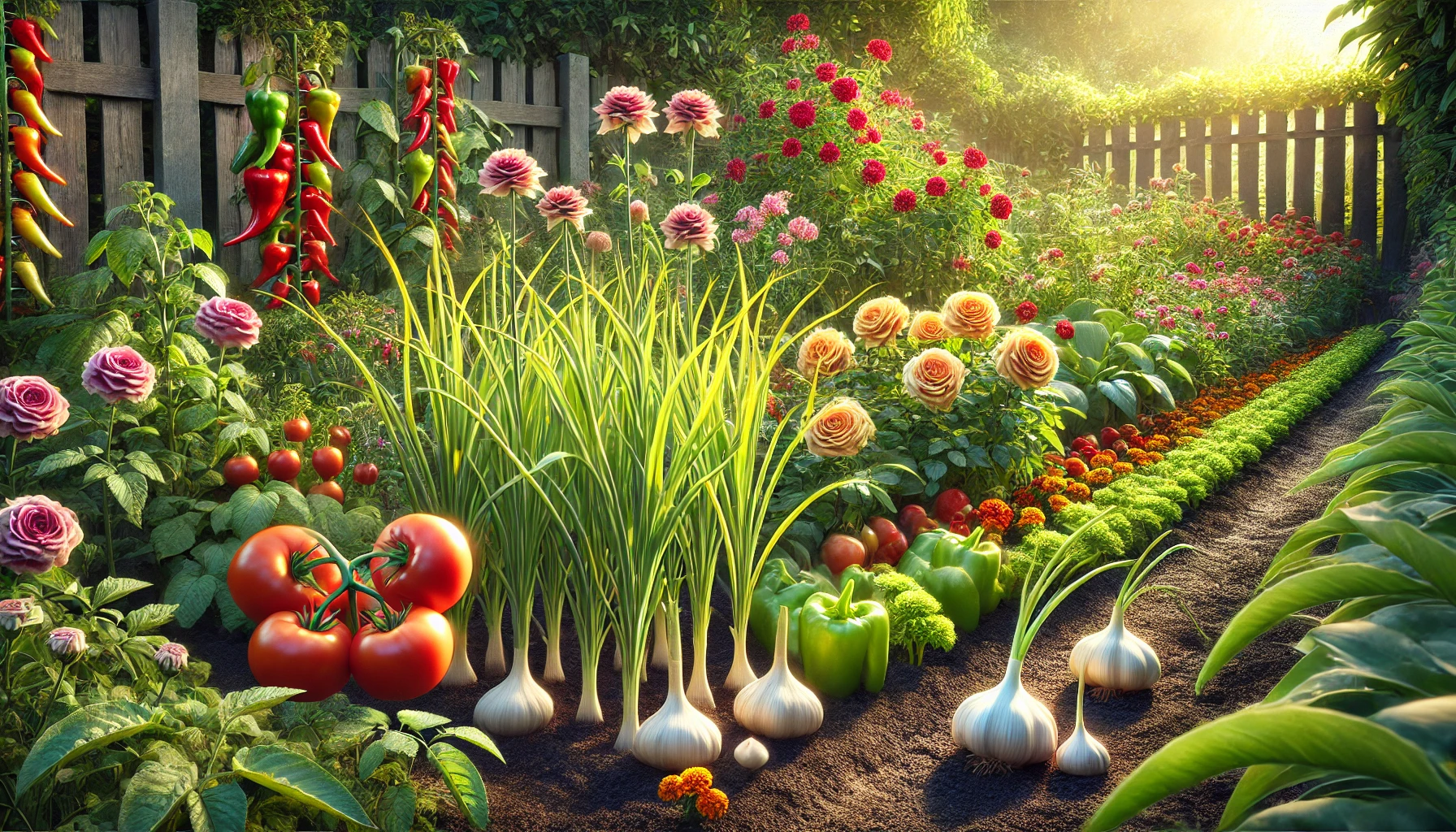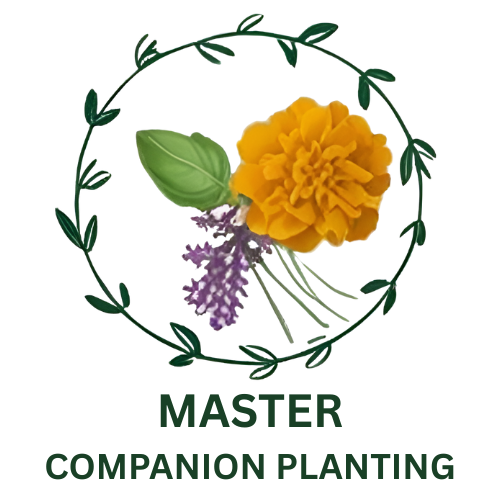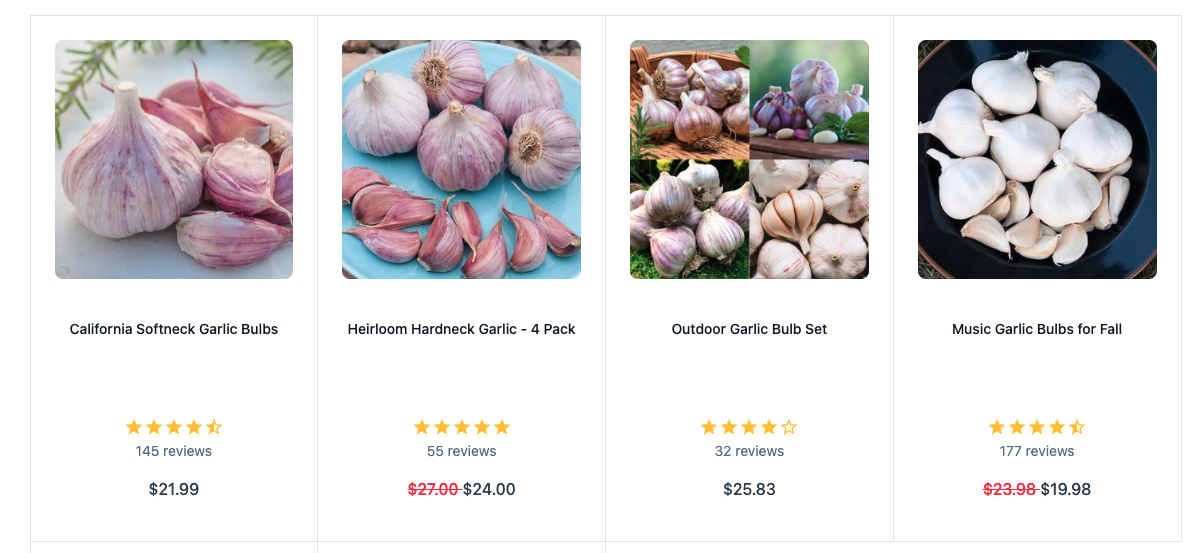Introduction: Why Garlic is a Must-Have for Your Garden
Garlic isn’t just for the kitchen—it’s a powerhouse plant in any companion garden. Whether you’re growing vegetables, fruits, or flowers, garlic enhances plant health, repels pests, and even improves flavor. If you’re new to companion planting, this guide will help you master planting with garlic to create a thriving, chemical-free garden.
The Benefits of Companion Planting with Garlic
- Natural Pest Repellent
Garlic is a great companion for vegetables that need protection from pests and disease. it's strong scent deters common garden pests, including:
✅ Aphids
✅ Cabbage worms
✅ Spider mites
✅ Carrot flies
✅ Japanese beetles
By planting garlic near vulnerable plants, you reduce the need for chemical pesticides, keeping your garden organic and eco-friendly.
2. Fungal Disease Prevention
Garlic has natural anti-fungal properties, helping prevent diseases like:
✔️ Powdery mildew
✔️ Blight
✔️ Black spot on roses
3. Improved Soil Health
Garlic helps suppress harmful bacteria and nematodes in the soil, creating a healthier environment for nearby plants.
4. Enhancing Flavor and Growth
Some gardeners swear that planting garlic near tomatoes, peppers, and strawberries improves their flavor while promoting stronger plant growth.

- Vegetables That Thrive with Garlic
Companion Plants for Garlic- Vegetable; Companion Benefits
- Tomatoes
Repels aphids, spider mites, and improves flavor - Carrots
Prevents carrot fly infestations - Peppers
Keeps aphids and mites away - Cabbage Family (Broccoli, Kale, etc.)
Deters cabbage worms and loopers - Lettuce
Prevents fungal infections and repels pests - Beets
Doesn’t compete for nutrients and improves soil
- Tomatoes
- Flowers That Love Garlic
- Roses
Prevents black spot disease and repels aphids - Marigolds
Both plants enhance pest control and attract pollinators - Petunias
Garlic repels pests, while petunias deter beetles
- Roses
- Fruit Trees That Benefit from Garlic
Garlic is a great natural pest deterrent for fruit trees like:- Apples
- Peaches
- Cherries
- Pears
By planting garlic at the base of these trees, you help prevent fungal diseases and deter borers and aphids.
- Vegetable; Companion Benefits

How to Plant Garlic for Maximum Benefits
- Step 1: Choose the Right Garlic Variety
There are two main types of garlic:- Hardneck Garlic – Best for cold climates, produces edible garlic scapes.
- Softneck Garlic – Best for warmer regions, stores longer.
- Step 2: Plant Garlic at the Right Time
Garlic grows best when planted in fall- (September to November), allowing roots to establish before winter.
- Step 3: Companion Planting Layout
- Plant garlic 6 inches away from companion plants to avoid competition.
- Surround vegetable garden beds with garlic as a protective border.
- For flower gardens, plant garlic in small clusters near roses and petunias.
- Step 4: Care and Maintenance
- Keep soil well-drained and fertilized with organic compost.
- Remove flowering stalks (scapes) in hardneck garlic to focus energy on bulb growth.
- Step 5: Harvest in late summer when the leaves begin to yellow.
Final Thoughts: Make Garlic a Companion Planting Essential
Mastering companion planting with garlic is an easy and effective way to create a healthier, more productive garden. Whether you’re growing vegetables, fruits, or flowers, garlic serves as a natural pest repellent, disease preventer, and soil enhancer.
By strategically placing garlic in your garden, you’ll reduce pests, improve plant health, and cultivate an organic and sustainable gardening space.
Ready to Start Companion Planting with Garlic?
Get your hands in the soil and start experimenting with garlic in your garden! For more organic gardening tips and companion planting strategies, explore our Beginner's Guide to Master Companion Planting book, now available on Amazon.

